Building a business from zero? Sounds impossible. But guess what? Many top entrepreneurs started with nothing—no big investments, no famous last names, just a crazy amount of persistence. Plerdy helps businesses grow smarter by analyzing websites and boosting conversions, but even the best tools can’t replace the mindset of a true entrepreneur.
Think of Steve Jobs, Oprah Winfrey, or Jan Koum. They weren’t born into success. They worked for it. Jobs got fired from his own company, Oprah was told she’d never make it on TV, and Koum signed WhatsApp’s billion-dollar deal on a welfare office door. Sounds unreal, right? But that’s what happens when ambition meets resilience.
Every entrepreneur faces struggles—rejections, failures, financial chaos. The difference? Some quit, and others push through. If you’ve ever felt stuck, uninspired, or too small to succeed, this article is for you. Let’s break down how these self-made business legends went from zero to the top.
The Power of Perseverance in Entrepreneurial Journeys
Success doesn’t just show up one morning with coffee. Entrepreneurs know this better than anyone. Starting a business? It’s a wild ride—full of rejections, empty bank accounts, and nights spent wondering if it’s worth it. But here’s the thing: perseverance separates those who make it from those who give up. Every successful entrepreneur has a story of pushing through when quitting seemed easier. These aren’t just business stories; they’re about refusing to back down even when things feel impossible.
Overcoming Rejections and Failures
Oprah Winfrey’s journey? A total rollercoaster. Early in her career, she got fired from a news station because her bosses thought she wasn’t “fit for television.” Imagine hearing that! Most people would have given up. Not Oprah. She turned that rejection into fuel and built a media empire worth billions. Her story reminds every entrepreneur that failure isn’t the end—it’s just a detour on the road to success.
Then there’s Steve Jobs. Being kicked out of Apple—his own company—sounds like a nightmare, right? Instead of giving up, Jobs founded NeXT and helped Pixar become a giant in animation. When Apple brought him back, he introduced the iPod, iPhone, and other game-changing products. His comeback? Legendary. Entrepreneurs everywhere can learn from Jobs: setbacks aren’t stop signs—they’re push-start buttons.
Resilience in Financial Hardships
Money problems? Been there, done that—so did Jan Koum. Growing up in Ukraine, Koum moved to the U.S. with barely anything. Food stamps, tough jobs, endless struggle. But he didn’t let that stop him. He taught himself coding, kept grinding, and co-founded WhatsApp. Fast forward a few years—Facebook buys it for $19 billion. Talk about turning nothing into something massive! His journey screams one thing: perseverance pays off.
Do Won Chang, the brain behind Forever 21, had it rough too. Moving to America, he juggled janitor work, gas station shifts, and coffee shop gigs just to survive. Most people would’ve stayed stuck, but not Chang. Along with his wife, he saved every penny to open their first clothing store. It wasn’t smooth sailing, but their grit built Forever 21 into a global fashion giant. Entrepreneurs battling financial hurdles—take note: hard times won’t last, but tough people? They do.
These stories show that business success isn’t about luck. It’s about pushing through the messy, tough parts. Feeling stuck? Remember these entrepreneurs. They didn’t quit. Neither should you.
10 Successful Entrepreneurs
1. Oprah Winfrey – From Poverty to Media Mogul

Oprah Winfrey’s journey to entrepreneurial success is nothing short of inspiring. Born into extreme poverty in rural Mississippi, she faced challenges most people can’t imagine. As a child, she wore potato sacks as clothes, moved between unstable homes, and endured hardship after hardship. But here’s the thing—she had a relentless entrepreneurial spirit. Her first shot in television seemed promising until she got fired for being “too emotional” for news reporting. Tough, huh?
Most people would quit, but not Oprah. She took that rejection and turned it into a stepping stone toward business success. Her entrepreneurial drive led to The Oprah Winfrey Show, which didn’t just air—it dominated television for 25 seasons, pulling in millions of viewers. But Oprah wasn’t just about the show. She built a business empire: a magazine, a publishing company, and her own network (OWN). Now, with a net worth of over $2.8 billion, she stands as one of the most successful entrepreneurs in media history.
What’s the takeaway for you? Entrepreneurship is messy. You get told “no.” You fall. But Oprah’s success story proves that rejection isn’t the end. It’s just another challenge on your road to building a thriving business. Stay hungry. Stay driven. Success follows those who refuse to stop.
2. Steve Jobs – Visionary Behind Apple’s Success
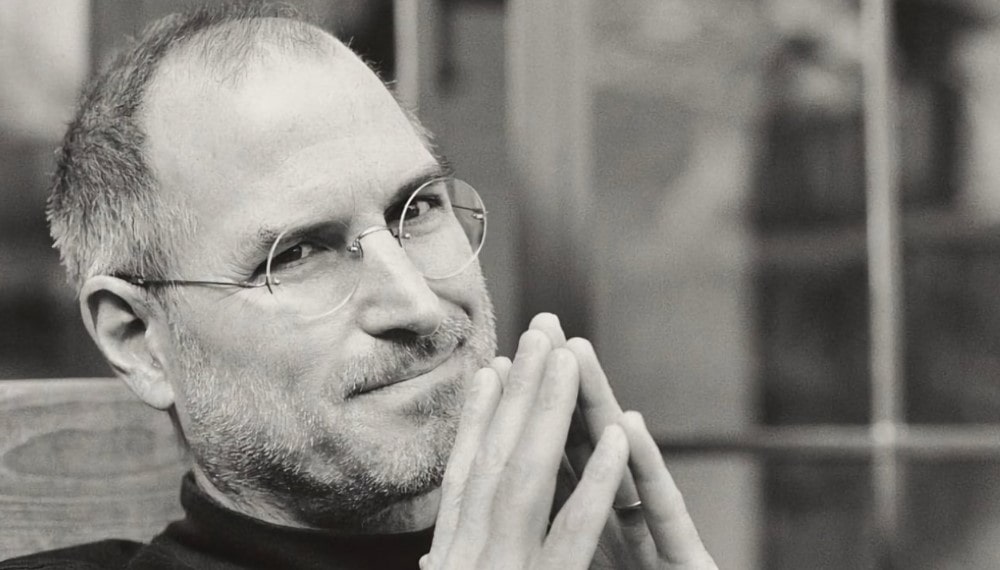
Steve Jobs’ entrepreneurial journey reads like a Hollywood movie—except it’s all real. Imagine founding Apple in your garage at 21, revolutionizing the tech industry… and then being kicked out of your own business. Yep, in 1985, Apple’s board thought Jobs wasn’t fit to lead. Ouch.
But entrepreneurs don’t dwell—they act. Jobs founded NeXT, which Apple later bought for $429 million (not bad for a “failure,” right?). At the same time, he acquired Pixar, turning it into a movie powerhouse responsible for hits like Toy Story. When Jobs returned to Apple in 1997, the company was struggling. His comeback? Launching products that changed how the world communicates—the iMac, iPod, iPhone, and iPad. Apple’s market value soared to over $2 trillion under his leadership. That’s not just success; it’s entrepreneurial legend status.
His story is a masterclass for any entrepreneur. Rejection hurts, but it doesn’t define you. Jobs used setbacks as fuel to reinvent both himself and his business ventures. So, next time you hit a wall in your business journey, channel your inner Steve Jobs. Keep pushing. Pivot when needed. Success rewards those who stay in the game.
3. Jan Koum – Immigrant Turned Tech Billionaire
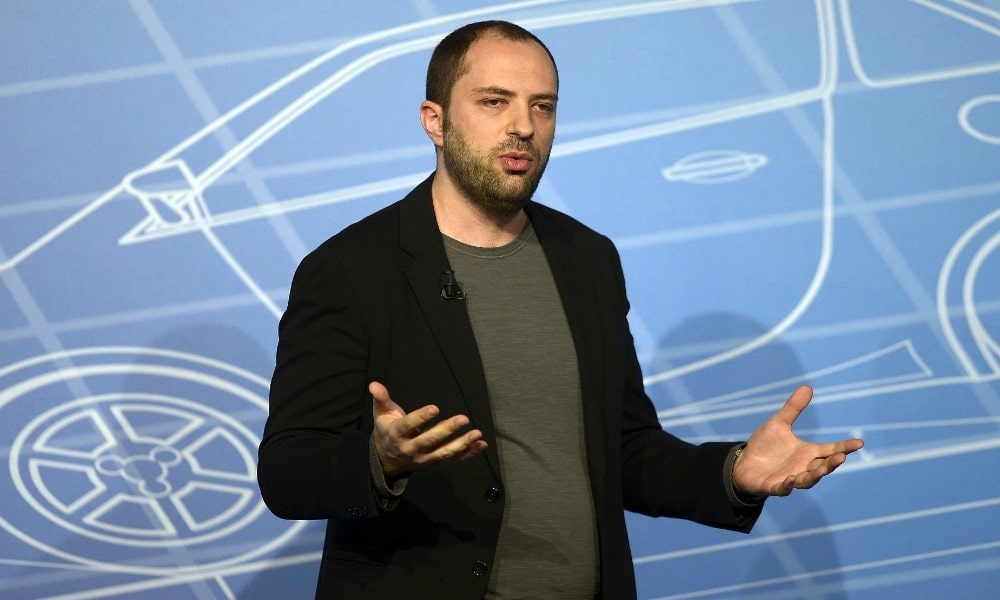
Jan Koum’s entrepreneurial success is the ultimate rags-to-riches story. Born in Ukraine, he moved to the U.S. with his mother at 16, struggling to survive. No luxury, no fancy business connections—just food stamps and a dream. But success wasn’t instant. Koum worked odd jobs while teaching himself coding. The real breakthrough? He co-founded WhatsApp, a messaging app that would shake up the tech world.
WhatsApp started as a simple idea—let people text without paying ridiculous fees. By 2014, the app had 600 million users, and Facebook saw the potential. Mark Zuckerberg handed Koum a jaw-dropping $19 billion for WhatsApp. Not bad for a guy who once swept floors to make ends meet.
Koum’s story is a reminder for every entrepreneur: business isn’t about where you start. It’s about persistence, smart decisions, and solving real problems. His success proves that even an immigrant with no money can build something massive with the right mindset.
4. Do Won Chang – Building Forever 21 from the Ground Up
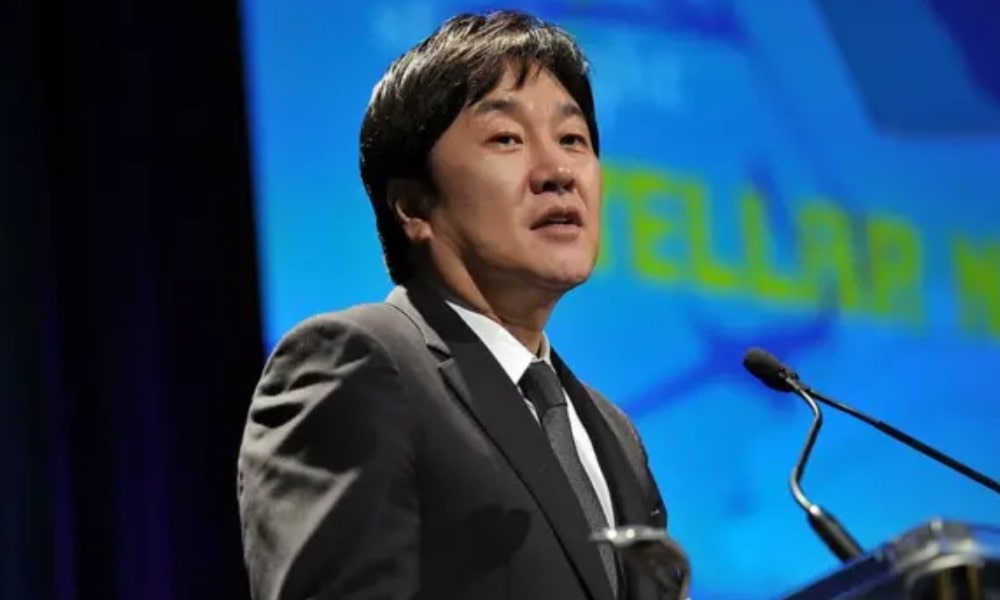
Do Won Chang didn’t start as a fashion mogul. He arrived in the U.S. from South Korea in the 1980s, barely speaking English, with zero business experience. To survive, he worked as a janitor, a gas station attendant, and a coffee shop employee. Not exactly the glamorous road to success, right? But he had one thing—unstoppable work ethic.
After years of hustling, he and his wife opened their first clothing store in Los Angeles. Small space, few resources, but huge ambition. They called it Fashion 21, which later became Forever 21. By the 2000s, it was a global fashion empire, with over 800 stores and $4.4 billion in revenue at its peak.
What’s the lesson here? Every entrepreneur faces struggles. But success in business isn’t about how you start—it’s about pushing through, learning from failures, and scaling up smartly. Do Won Chang built a brand with nothing but determination, vision, and a belief in his business. If he could do it, why not you?
5. Howard Schultz – Brewing Starbucks into a Global Brand
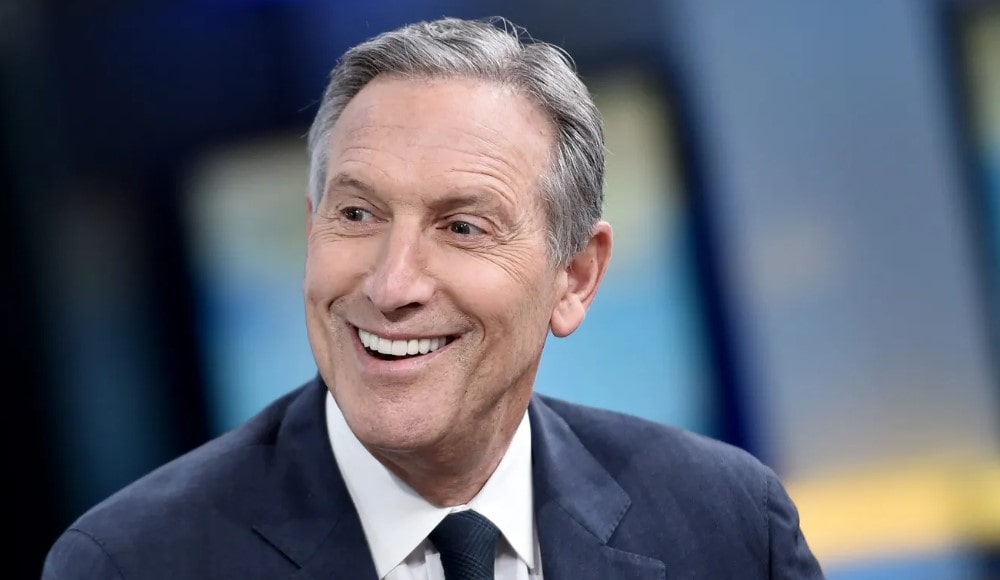
Howard Schultz’s journey to business success wasn’t smooth. Growing up in a poor neighborhood in Brooklyn, he watched his family struggle with money. His dad, a truck driver, lost his job after an injury, leaving the family in financial chaos. These early hardships sparked Schultz’s dream to do better. Years later, working at Starbucks (back when it sold just coffee beans), he had a game-changing idea: coffee shops where people gather, chat, and relax—not just grab coffee and go. Sounds simple now, but back then? Totally fresh.
He pitched the idea, faced rejection from the owners, but didn’t stop. Schultz opened his own coffee shop inspired by Italian espresso bars. Eventually, he bought Starbucks and transformed it into a place where coffee became more than a drink—it was an experience. Fast-forward to today: Starbucks has over 35,000 stores worldwide and generates $36 billion annually.
His entrepreneurial success is a reminder that even a kid from the projects can create a global brand if they push through setbacks. Schultz’s story shows that business growth is not just about profits—it’s about passion, vision, and never giving up on what you believe in.
6. Ralph Lauren – Turning Ties into a Fashion Empire
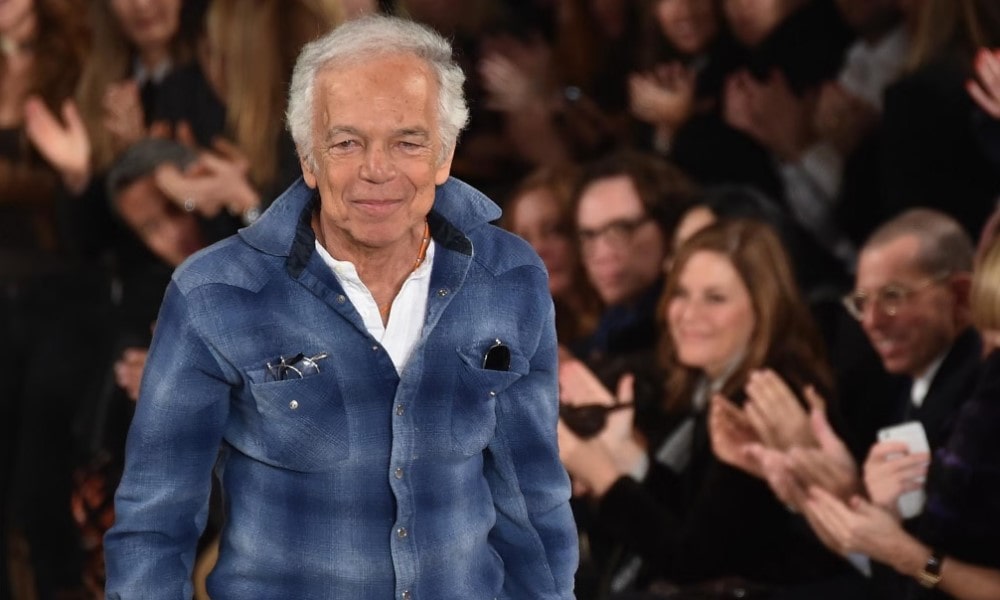
Ralph Lauren didn’t grow up dreaming of being a fashion icon. Born in the Bronx to immigrant parents, money was tight, but young Ralph had style. While working as a tie salesman, he noticed something: people wanted unique, stylish accessories. So, with just $50,000 and a whole lot of ambition, he launched his own line of neckties—bold, colorful, and unlike anything in stores. His entrepreneurial risk paid off.
Soon after, Lauren founded Polo Ralph Lauren. His vision? Not just clothes—he wanted to sell a lifestyle of elegance and success. By 1971, Polo shirts with the iconic horse logo were everywhere. His brand expanded into fragrances, home goods, and high-end fashion. Today, Ralph Lauren’s company is worth over $7 billion, proving that even a small idea—like rethinking ties—can explode into a business empire with the right vision.
For any entrepreneur wondering if small beginnings can lead to big success, Ralph Lauren’s journey is your answer. Business isn’t just about selling products; it’s about creating something people connect with—and maybe even dream about owning.
7. Elon Musk – Revolutionizing Industries Against the Odds
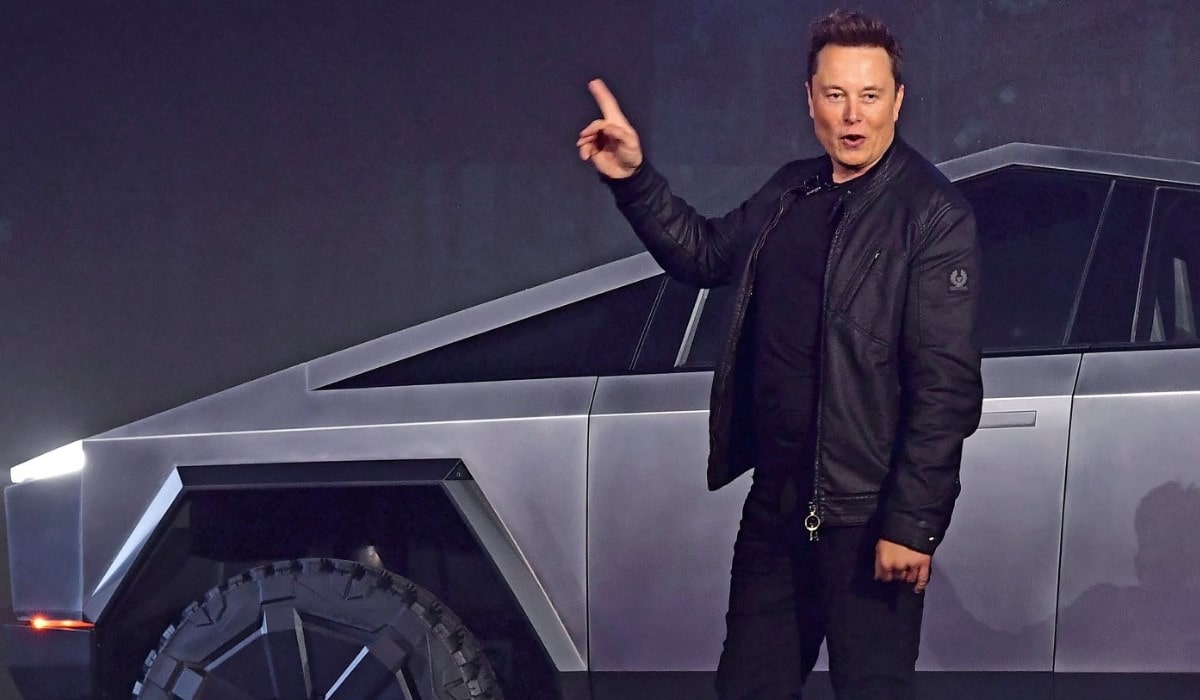
Elon Musk’s entrepreneurial journey is a rollercoaster of risk, failure, and ultimate business success. Born in South Africa, he dreamed of making a global impact. At 17, he left for Canada, later moving to the U.S. with almost nothing. His first startup, Zip2, struggled, but he eventually sold it for $307 million. That gave him the capital to go bigger—but also risk more.
When Musk launched Tesla, people laughed at the idea of electric cars replacing gas ones. Investors doubted him. The company almost went bankrupt in 2008, but Musk refused to let it die. He personally funded Tesla and turned it into a billion-dollar business empire. Then came SpaceX. Again, experts said a private company could never build rockets. The first three launches? Failures. Musk was almost out of money. But in 2008, SpaceX finally succeeded. Today, it’s a leader in space travel.
Musk proves that entrepreneurs willing to take massive risks can change entire industries. His business success didn’t come easy—it came from betting everything on his vision, even when failure seemed inevitable.
8. Richard Branson – Risk-Taker Behind Virgin Group
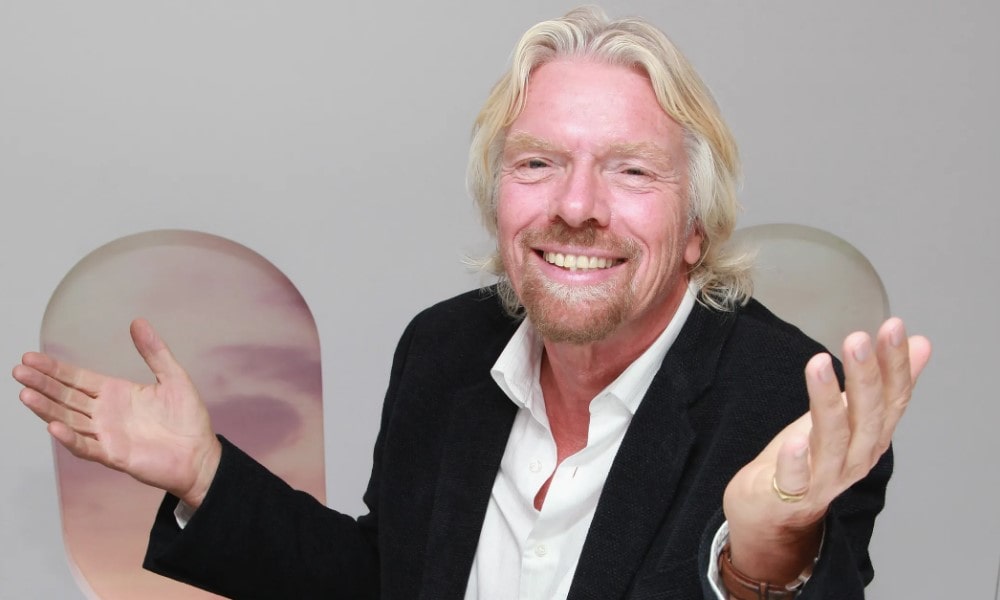
Richard Branson isn’t your typical business entrepreneur. He didn’t have a degree, connections, or even a backup plan. He dropped out of school at 16 with dyslexia, struggling in traditional education. But he had an eye for business opportunities. His first venture? A magazine. It didn’t make him rich, but it taught him how to hustle.
Branson’s breakthrough came with Virgin Records. In the 1970s, he signed unknown artists—one of them was the Sex Pistols, a band no one else wanted. It was risky, but it worked. From there, Branson expanded aggressively: Virgin Airlines, Virgin Mobile, even space travel with Virgin Galactic. Today, Virgin Group has over 400 businesses across multiple industries.
His philosophy? Take risks, have fun, and never fear failure. Branson once said, “Business opportunities are like buses—there’s always another one coming.” He’s proof that success isn’t about following the rules—it’s about breaking them and creating your own path.
9. Jeff Bezos – From Garage Startup to Amazon Empire
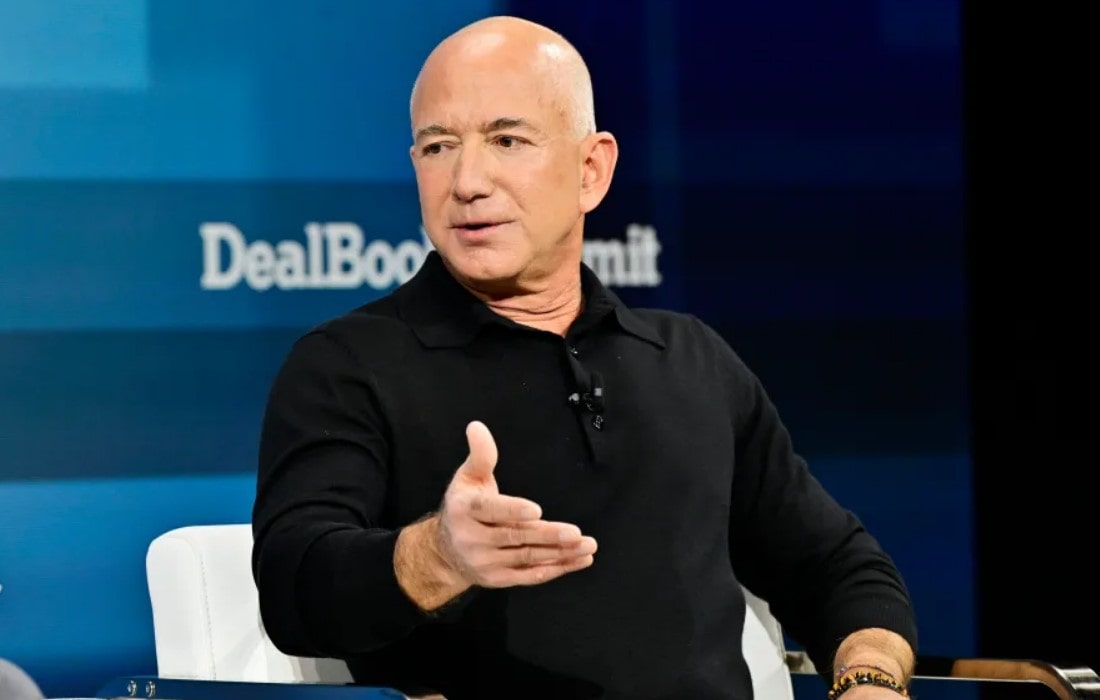
Jeff Bezos’s entrepreneurial journey started with a crazy idea: sell books online. In 1994, e-commerce wasn’t a thing. People thought it was ridiculous. But Bezos, a former Wall Street guy, quit his high-paying job and started Amazon from his garage. That’s the kind of bold move many entrepreneurs dream about but fear to take. In the beginning, Bezos packed and shipped orders himself. It wasn’t glamorous, but he believed in the business.
By 1997, Amazon went public. Soon, it wasn’t just books—he expanded to electronics, clothing, and almost everything you can imagine. People doubted him again when he invested billions into faster shipping and cloud services. Turns out, that gamble paid off big time. Amazon Web Services (AWS) now generates over $80 billion annually. Bezos’s success is all about vision, risk-taking, and never settling for “good enough.”
Today, Amazon is the world’s largest online retailer, and Bezos? He’s one of the richest people on Earth. His story proves that entrepreneurs willing to push boundaries—and pack boxes in their garage—can revolutionize entire industries.
10. Sara Blakely – Self-Made Billionaire with Spanx
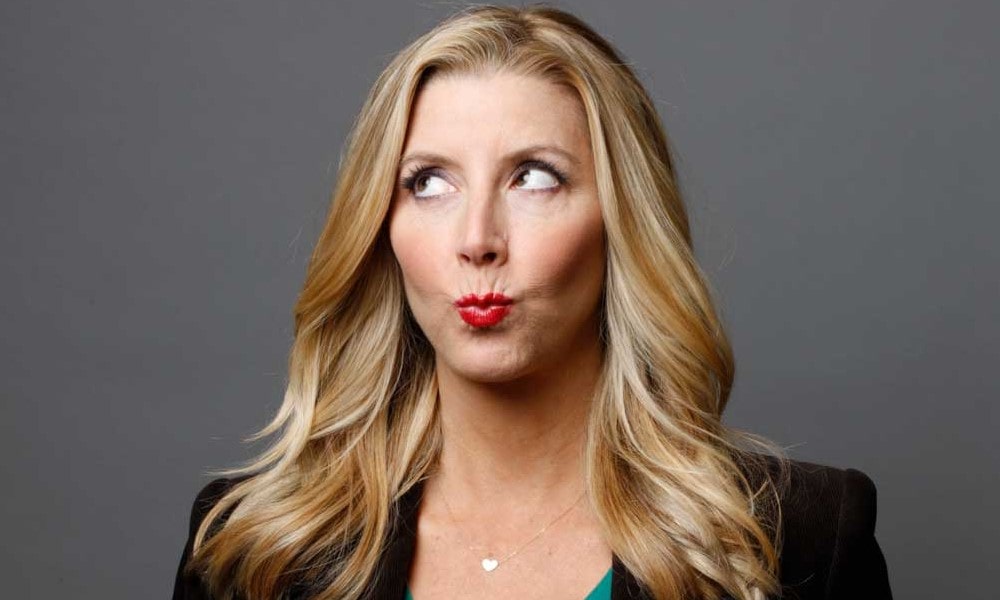
Imagine selling fax machines door-to-door while dreaming of your own business. That was Sara Blakely. Frustrated with her wardrobe options, she cut the feet off her pantyhose to solve the problem herself. That’s how Spanx was born. No fancy investors. No fashion connections. Just a clever idea and a relentless entrepreneur behind it.
Blakely spent $5,000 of her savings to create the first prototypes. Getting stores to believe in her product wasn’t easy—rejections came fast. But she hustled. When Oprah Winfrey named Spanx one of her “Favorite Things” in 2000, sales skyrocketed. Sara’s business success wasn’t luck—it was persistence and thinking outside the box.
Fast forward to today, Spanx is worth over $1 billion. Blakely became the youngest self-made female billionaire, showing that entrepreneurs don’t need deep pockets to succeed—just grit and a brilliant solution to everyday problems. Her journey is proof that believing in your idea (even when others don’t) can lead to incredible success.
Key Takeaways and Success Principles
Building a successful business from scratch isn’t magic—it’s a mix of persistence, strategy, and a little bit of crazy determination. These entrepreneurs didn’t wake up one day with billion-dollar companies. They worked for it. And if there’s anything to learn from their stories, it’s that success follows certain principles.
Consistency and Hard Work Pay Off
No one becomes a successful entrepreneur overnight. Jeff Bezos packed Amazon orders himself, Sara Blakely sold fax machines before Spanx took off, and Oprah Winfrey fought through countless rejections. The common thread? Hard work—day in, day out. Even when things looked hopeless, they didn’t stop.
Innovation and Adaptability Are Crucial
The business world changes fast. Steve Jobs didn’t just invent a great product—he reinvented entire industries. Elon Musk isn’t just selling cars; he’s changing transportation. The best entrepreneurs don’t just follow trends; they create them. If you’re not evolving, you’re falling behind.
Passion Drives Sustainable Success
Making money is great, but real business success comes from passion. Howard Schultz wasn’t just selling coffee—he was creating an experience. Richard Branson jumps into new ventures because he loves the challenge. Passion keeps you going when the money isn’t coming in yet.
Risk-Taking Is Necessary for Growth
Every single successful entrepreneur took a risk. Jeff Bezos left a cushy Wall Street job. Jan Koum built WhatsApp without knowing if anyone would use it. Sara Blakely spent her savings on an idea everyone doubted. Playing it safe never built an empire.
Perseverance Overcomes Setbacks
Failure isn’t the opposite of success—it’s part of the process. Steve Jobs got fired from Apple. Oprah got told she wasn’t fit for TV. But they didn’t quit. They adapted, pushed forward, and proved everyone wrong. That’s what separates a business owner from a true entrepreneur.
So, if you’re dreaming of building something big, take a lesson from these legends: Work hard, take risks, stay adaptable, and never stop. Success doesn’t come easy, but it’s always worth the fight.
Conclusion
Every entrepreneur we talked about started with nothing—no fancy connections, no huge investments. Just pure determination, vision, and hard work. Their paths weren’t smooth, but they didn’t let setbacks stop them. That’s what makes success real—it’s earned. You don’t need everything figured out. You just need the courage to begin, take risks, and keep moving. Jeff Bezos turned a garage project into Amazon. Sara Blakely built Spanx with $5,000 and an idea. So, what’s holding you back? Your business dream won’t build itself. Take the first step, mess up, learn, and keep going. You’ve got this!
